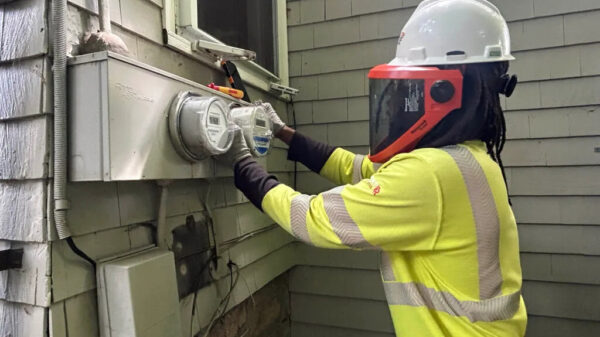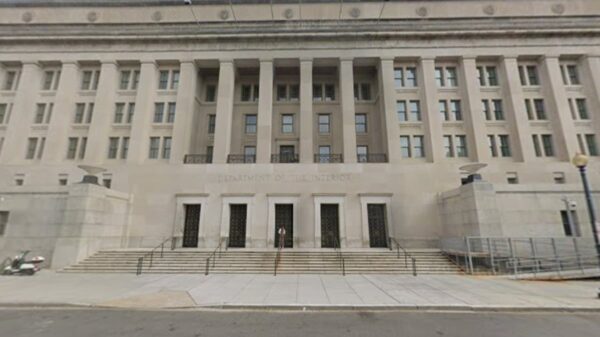UPDATE: Rhode Island Energy has just announced a controversial proposal to increase service charges for gas and electric customers, sending shockwaves through the state just ahead of the Thanksgiving holiday. If approved by the Rhode Island Public Utilities Commission, customers could see their bills rise significantly starting in September 2026, with the average electric bill increasing by $7.78 per month—an increase of 4.83%—and gas bills spiking by an average of $343.53 annually, marking a staggering 20.6% rise.
Governor Dan McKee expressed fierce opposition to the proposal, stating, “This is not the time for a utility rate increase. With costs rising nationwide and families already burdened, my focus remains fixed on affordability for every Rhode Islander.” His remarks underline the growing frustration among residents already grappling with high energy costs.
The utility company justified the proposed increases by indicating the need for significant investments in infrastructure, including the rollout of 540,000 smart meters statewide. Rhode Island Energy President Greg Cornett emphasized the necessity of these upgrades to ensure reliability, customer service, and safety, while claiming they are still focused on affordability for those who need it most.
State regulators, who previously prevented any rate increases for three years, will now review this application. The moratorium was established during the 2022 sale of gas and electric operations from National Grid to PPL Corp., the parent company of Rhode Island Energy. As inflation and supply chain issues continue to impact the energy sector, officials assert that the costs of essential infrastructure projects have skyrocketed—evident in the nearly 100% increase in the cost of installing underground electric cables since 2020.
Critics are already voicing their concerns. The utility has faced backlash from lawmakers, consumer advocates, and residents who have noted seasonal surges in electricity prices, which remain high compared to historical levels. Moreover, recent accounting errors revealed that Rhode Island Energy overbilled state agencies by $2 million in their 2024 energy bills, adding to public outrage.
The Rhode Island Public Utilities Commission holds the final authority over any proposed rate changes, evaluating the financial health of the utility against the affordability for ratepayers. Historically, the commission has reduced proposed increases to lessen the burden on consumers. For context, the last rate increase request, under National Grid ownership in 2017, was cut by 40% from what was initially sought.
As the situation unfolds, Chairman Ronald Gerwatowski has highlighted the commission’s ability to influence the distribution of customer bill credits, a move aimed at mitigating the impact of any service charge increases. McKee has pledged to continue advocating for a $150 million bill credit plan to help shield residents from rising costs.
Residents are urged to remain vigilant as the Public Utilities Commission reviews the application. The commission is expected to make a decision that considers both the utility’s financial needs and the economic realities facing households across the state.
This story is developing. Stay tuned for updates as this critical issue impacts Rhode Islanders’ energy costs.








































































